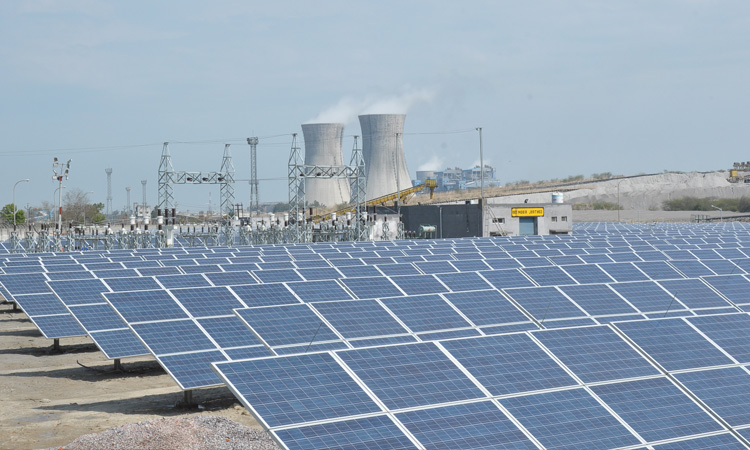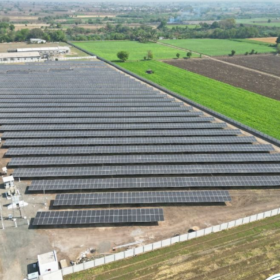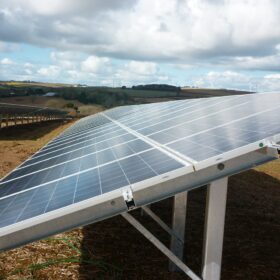In March, the Solar Energy Corporation of India (SECI) had invited bids for setting up of 2 GW of grid-connected solar PV projects with viability gap funding (VGF) support. The projects, to be developed on ‘build, own, operate’ basis, can be located anywhere in India for self-use or use by government entities at maximum fixed tariffs of Rs 3.50/kWh.
In the latest amendments to the tender—second in line—SECI has clarified that grid-connected projects would also include micro and mini projects.
Waiver of inter-state transmission system (ISTS) charges and losses, for use of ISTS network, shall be available to projects set up under the CPSU Phase-II Scheme. The scheme allows setting up of solar PV power plants for supplying auxiliary power for a power generation plant.
SECI has also extended the scheduled commissioning date (SCD) for the full project capacity from 18 months to 24 months from the date of issuance of Letter of Award. The maximum time allowed is 30 months.
In case of delay beyond the SCD until 30 months from the issuance of Letter of Award, the amount of VGF sanctioned to be the project shall be reduced by 0.15%, on per day basis, for the period of such delay, and proportionate to the capacity delayed or not commissioned.
While a single VGF shall be quoted by the bidder based on the cumulative project capacity applied for, VGF will be released separately for each project as per the final project configuration declared by the developer. Accordingly, for each individual project, the second tranche of VGF will be disbursed to the developer only upon successful commissioning of the full capacity of that individual project.
In the previous amendment to the tender, SECI notified that a single bidder shall be allocated minimum capacity of 1 MW and maximum 2 GW. The projects may be implemented as ground-mounted, rooftop-mounted, floating, canal top/canal bank, etc or a combination thereof.
This content is protected by copyright and may not be reused. If you want to cooperate with us and would like to reuse some of our content, please contact: editors@pv-magazine.com.









By submitting this form you agree to pv magazine using your data for the purposes of publishing your comment.
Your personal data will only be disclosed or otherwise transmitted to third parties for the purposes of spam filtering or if this is necessary for technical maintenance of the website. Any other transfer to third parties will not take place unless this is justified on the basis of applicable data protection regulations or if pv magazine is legally obliged to do so.
You may revoke this consent at any time with effect for the future, in which case your personal data will be deleted immediately. Otherwise, your data will be deleted if pv magazine has processed your request or the purpose of data storage is fulfilled.
Further information on data privacy can be found in our Data Protection Policy.